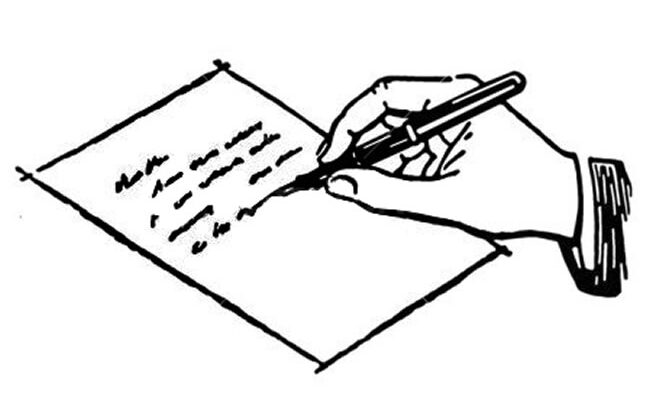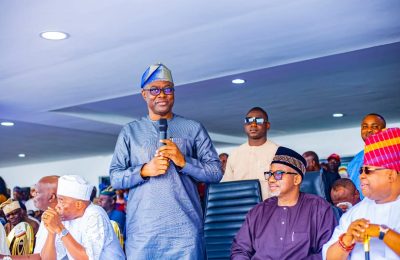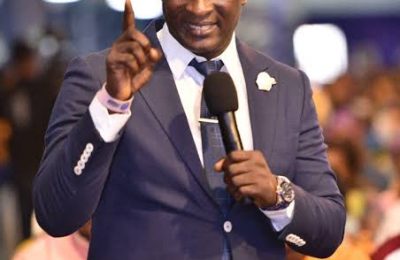

Since the Fourth Republic − that is, since 1999 when Nigeria and Nigerians transited from military rule to a democratic system of government — elections have been the only way the people choose their leaders across the three tiers of government.
Without mincing words, an election is a vital aspect of human and civic engagements. It is also a prerequisite for sustaining a democratic government. Unlike the military kind of government, the civilian system of government — and the democratic processes that come with it — give the citizens the power to choose their leaders through an electoral institution, system and process.

At this point, it is necessary to point out that the government institution saddled with the responsibility and mandate to conduct elections in the country is the Independent National Electoral Commission (INEC), established in 1998 and currently headed by Professor Mahmood Yakubu.
Before the 2023 general elections, never before had the youths been so desperate for a change in power or taken the responsibility to do so. The courage to achieve this was born out of the traumatisation and suffering they have gone through in the hands of the immediate past administration.
To better portray the depressing consequences of the actions of the immediate past government before and during the elections, Lasisi Olagunju − in his Monday Lines column titled ‘Lessons and scandals of this election’ and published in the Nigerian Tribune newspaper two days after the presidential and National Assembly elections − stated that he was thrilled to see young people and students across the country counting their votes of rebellion.
“I know it was those choices (wrong choices of politicians and the government) that angered the urban youths and other informed critical sections of the voting population to revolt on Saturday (the Election Day),” Olagunju lamented. “The repugnance and distaste and revolution with which the perceptible young recoiled from what the parties offered should serve as a lesson.”
In light of what Olagunju noted in his aforementioned column, recall that, in October 2020, during the End SARS protests, many Nigerian youths trooped out en masse to fight for their fundamental human rights and to put an end to unjustifiable police harassment. However, they were met with a traumatising massacre, which they would hardly forget.
Another thing that angered the youths was the unnecessary ban on Twitter from June, 2021 to January, 2022. This was followed by a prolonged Academic Staff Union of Universities (ASUU) strike. In addition to these, the spate of fuel and naira scarcity, coupled with insecurity and widespread corruption led to a general sense of dissatisfaction and desperation for a change among the youths.
This desperation was seen in the massive number of youths who registered and collected their Permanent Voters Cards (PVCs) for the elections.
According to a Premium Times newspaper article published in January 2023, the total number of eligible voters registered by INEC rose by 9,464,924 or 11.3 per cent from the 84,004,084 recorded in the 2019 general elections to 93,469,008 eligible voters in 2023.
The demographic distribution of the data showed that 37,060,399 or 39.65 per cent of voters are between the ages of 18 and 34; while 33,413,591 or 35.75 per cent are middle-aged persons between the ages of 35 and 49. Furthermore, 17,700,270 or 18.94 per cent of the total registered voters are elderly voters between the ages of 50 and 69, just as the remaining 5,294,748 or 5.66 per cent are senior citizens above the age of 70.
From the above statistics, it is clear that youths made up the bulk of voters for the 2023 elections.
In the pre-election period, civil society organisations (CSOs) such as YIAGA Africa and several other youth-focused organisations mobilised Nigerians, especially their fellow youths, to register and collect their PVCs. They organised musical concerts, seminars, town-hall meetings, social media campaigns, radio jingles, television shows, and newspaper advertisements.
Furthermore, Nigerian youths played vital roles in the campaigns and rallies of the political parties they belonged to or supported. These campaigns were carried out both on the streets and on social media. Notable among these youth supporters were the Obidients, who campaigned for the Labour Party presidential candidate, Peter Obi.
This is not to say that other sections of the youth population did not campaign for other presidential candidates from other political parties, but the vigour and the solidarity that the Obidients invested in the campaign and voting of the Labour Party candidate were easy to see, which led to the Labour Party winning in places where many people thought were not possible for them to win.
Interestingly, apart from taking part in the voting process, some youths even went ahead to contest for political positions. During the elections, the youths did not only voice their desire for a change, they matched the desire with gallant actions.
It was with the massive political engagements and support of the youths that the Labour Party was able to defy the rule of thumb of party formation − with little or no organisational structures across the country − showing that the stronghold of the All Progressives Congress (APC) and the People’s Democratic Party (PDP) in Nigerian politics could be broken.
The presidential and National Assembly elections, which took place on the 25th and 26th of February, 2023, recorded an impressive turnout of voters across the country, the majority of whom were youths.
During the elections, security personnel, logistics personnel, observers, collation agents, accredited journalist, amongst others were largely youths − some of whom were National Youth Service Corps (NYSC) members. Apart from the main and ad hoc staff of INEC, many youths freely volunteered in carrying out tasks like providing refreshments, chairs, maintaining order, encouraging others to vote, counting the votes, and so on, to ensure that the elections were a success.
Although there were some cases of violence and disorder during the elections, the international and national electoral committees declared that the elections were free and fair.
The final results of the elections showed that the three leading parties won exactly an equal number of states − including, the Labour Party winning the Federal Capital Territory (FCT). This feat was achieved across different regions of the country, with Bola Tinubu of the APC losing his Lagos stronghold. The PDP and its presidential candidate Atiku Abubakar also lost in their traditional areas of dominance.
Some days after the elections, especially after the presidential elections, aggrieved youths who were saddened that INEC betrayed their trust by not transmitting the electoral results directly from the polling units through the Bimodal Voter Accreditation System (BVAS) machines and who also believed that the elections were ragged, trooped out in their numbers to protest the conduct and outcome of the elections.
The youths petitioned INEC and some politicians they believed encouraged the rigging, and demand justice from the appropriate authorities. They demanded the sack and prosecution of some electoral officers who masterminded and perpetrated the rigging of the elections. They also took to social media to display original result sheets from the polling units against the ones that INEC had announced.
The 2023 presidential election was a clear indication that the youths have been pushed to their breaking point, thereby birthing a mission, and have decided to take the bull by the horn using their numbers as an advantage to correct the serious socio-economic challenges bedeviling the country.
Frantz Fanon, in his classic book, ‘The Wretched of the Earth’, stated that “Each generation must, out of relative obscurity, discover its mission, fulfill it or betray it.”
In conclusion, in line with the Fanon’s quote above, one of the fundamental lessons to be learnt from the 2023 elections is that with or without violence, good leaders could be elected into political offices through the massive and collective voice of the people channeled through the ballots on Election Day.
In light of this, it is important to stress that the Nigerian youths have arrived at that crossroads where they have decided to become active in national and local politics, and more importantly, become prominent stakeholders in the electoral system and process of the country.
READ ALSO FROM NIGERIAN TRIBUNE








